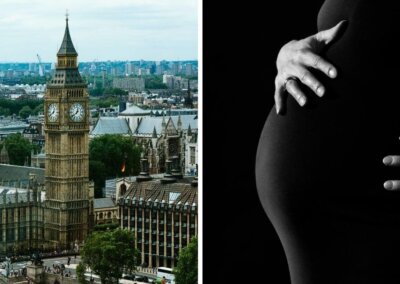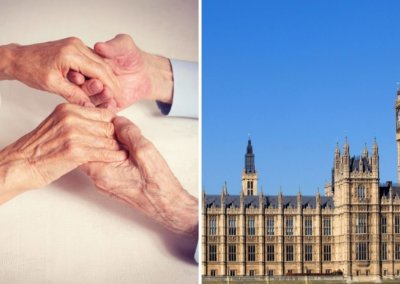A new Canadian attitudes survey has revealed that over a quarter of those surveyed thought that ‘poverty’ and ‘homelessness’ should be made legal reasons for allowing euthanasia in Canada.
The survey of a thousand adults in Canada, conducted last month, found strong support for assisted suicide and euthanasia, with 58% saying it should be allowed under certain circumstances and 20% saying it should always be allowed, regardless of other considerations.
While euthanasia and assisted suicide are currently legal in Canada for mentally competent adults with a “grievous and irremediable medical condition”, 27% of those who took the survey said they would support “poverty” being made a reason for euthanasia, while 62% remain opposed to this. Shockingly, 41% of 18-34-year-olds were supportive of poverty being a reason for euthanasia.
Homelessness and poverty a reason for euthanasia
28% of people surveyed in Canada support “homelessness” being made a reason for euthanasia, with a shocking 41% of 18-34-year-olds supportive of it being made a reason.
51% of respondents agreed that “inability to receive medical treatment” should be an allowable reason for euthanasia. 50% agreed that “disability” should be a reason for euthanasia with that figure rising to 60% for 18-34 year olds.
Furthermore, 43% of those who took the survey agreed that “mental illness” should be made a criterion for euthanasia, whereas 45% remain opposed. The federal government in Canada has delayed a decision on mental illness as an eligibility criterion for euthanasia until March 2024.
The survey also asked “If a parent is found guilty of assisting a terminally ill son or daughter to die, what do you think should be the appropriate punishment?” to which 24% said that a parent in those circumstances should receive “no penalty at all”.
Asked whether those who assist another person “to commit suicide should be prosecuted”, 34% said probably not or definitely not.
The public have responded online in shock to the findings of the survey, with a tweet by Leiden University assistant professor Yuan Yi Zhu alerting the public to the survey being viewed over 1.6 million times.
Almost 1 in 5 Canadians said “isolation or loneliness” was a reason for wanting to die
10,064 Canadians ended their lives by assisted suicide or euthanasia in 2021 accounting for 3.3% of all deaths in the country and an increase of 32.4% from the previous year.
17.3% of people in Canada who ended their lives this way cited “isolation or loneliness” as a reason for wanting to die. In 35.7% of cases, patients believed that they were a “burden on family, friends or caregivers”.
Similarly, in Oregon, which UK assisted suicide campaigners, Dignity in Dying, regularly cite as a model for rolling out legislation to the UK, among the end-of-life concerns listed by those who ended their lives, almost half (46.4%) of those who ended their lives reported being concerned about being a “[b]urden on family, friends/caregivers”, and 6.1% said they were concerned about the “[f]inancial implications of treatment”.
A study in Ireland found that almost three-quarters of people over 50 who had previously expressed a wish to die no longer had that desire two years later.
Right To Life UK spokesperson Catherine Robinson said “The shocking support among the younger generation in Canada for assisted suicide and euthanasia because of poverty is a deeply concerning trend. While poverty is not yet a legal reason for euthanasia, there is already anecdotal evidence that some people are ending their lives by euthanasia for this reason. Instead of searching for solutions to real problems like poverty, homelessness and lack of medication, it seems, increasingly, that many people simply want to offer death as a “solution”. Canada’s rapidly-expanding euthanasia law is quickly becoming a case study in the dangers of making assisted suicide and euthanasia legal in the first place.”












